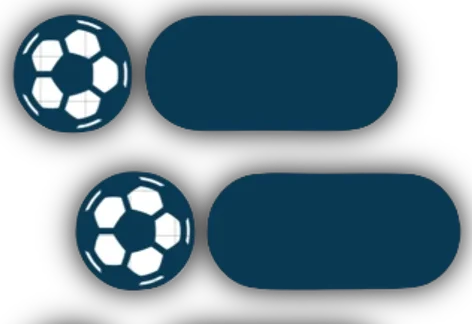Jannik Sinner has taken the tennis world by storm, emerging as a powerful force with his latest triumph at the US Open. With a resounding victory over American star Taylor Fritz, Sinner not only claimed his second Grand Slam title of the year but also signaled the dawn of a new era in men's tennis. As he hoisted the championship trophy high above his head in Flushing Meadows, many began to ponder what this victory means for the sport's landscape. With iconic champions like Roger Federer, Rafael Nadal, and Novak Djokovic stepping back from their prime years, Sinner's rise embodies fresh hope and excitement for fans everywhere. Let's dive into Sinner’s remarkable journey at this year's tournament and explore how he views this transformative moment in tennis history.
Jannik Sinner's path to the US Open title was nothing short of remarkable. After a series of intense matches, he found himself facing Taylor Fritz in the final—a showdown that had everyone on their toes.
From the first serve, it was clear Sinner meant business. His aggressive play and pinpoint accuracy left little room for error. Each point became a display of his skill and determination.
Fritz fought hard, showcasing resilience throughout the match. Yet, Sinner’s rhythm proved too strong to overcome. With each passing game, you could sense history being written.
When he sealed the victory, emotions erupted. The thrill of triumph washed over him as he lifted the trophy amidst roars from an electric crowd at Flushing Meadows. This win marked not just another title but also solidified his place among tennis's elite players; a moment to remember in sports history.
Jannik Sinner faced a storm of scrutiny leading up to the US Open. Doping allegations loomed large, casting a shadow over his preparations and mindset.
Despite this pressure, he persevered. The young Italian revealed that it was challenging to enjoy the game amidst such controversy. Each match felt heavier as he battled not just opponents but also public perception.
Yet, as the tournament progressed, Sinner found his footing on the court. With each victory, he began to reclaim his sense of self and joy in playing tennis. He used these moments as motivation rather than distractions.
Sinner's resilience became apparent during crucial points against Taylor Fritz in the final. His ability to focus amid challenges showcased both mental strength and maturity beyond his years.
Jannik Sinner's victory at the US Open marks a pivotal moment in tennis history. This championship symbolizes more than just another title; it highlights the rise of a new generation ready to challenge established norms.
For years, fans have been accustomed to witnessing dominance from legends like Federer, Nadal, and Djokovic. With Sinner's win, we’re observing a shift that could redefine rivalries and competitive dynamics on tour.
His triumph alongside fellow young stars like Carlos Alcaraz signals an exciting era ahead—one filled with fresh talent eager to make their mark.
This emerging group brings diversity in playing styles and approaches, making every match unpredictable and thrilling. The landscape of men's tennis is evolving rapidly; each tournament now feels like a showcase for future champions rather than merely extensions of past legacies.
As these young athletes carve out their identities, they inspire both current players and aspiring talents around the world.
As the dust settles on Jannik Sinner's impressive US Open victory, both he and Taylor Fritz have reflected on the shifting dynamics of men's tennis.
Sinner embraced the arrival of new champions, expressing excitement about fresh rivalries shaping the future of the sport. "It's nice to see new faces and new stories," he remarked, highlighting that competition is essential for growth. His comments suggest a belief that diverse talent will enrich tennis.
Fritz echoed this sentiment. Although disappointed not to claim his first Grand Slam title, he recognized an opportunity in this evolving landscape. "The path seems wider now," he stated thoughtfully. He felt that even without playing at his peak, reaching finals was more achievable than before—a sign of times changing.
Together, their insights underline a shared understanding: while legends like Federer, Nadal, and Djokovic have defined an era with unparalleled success, they are paving way for upcoming players ready to make their mark. The shift presents challenges but also opens doors for innovation within the game.
With budding talents rising through ranks globally and established stars transitioning out of their prime years, it's clear men’s tennis stands on the brink of exciting transformations ahead—one where every match tells a story worth following closely.


